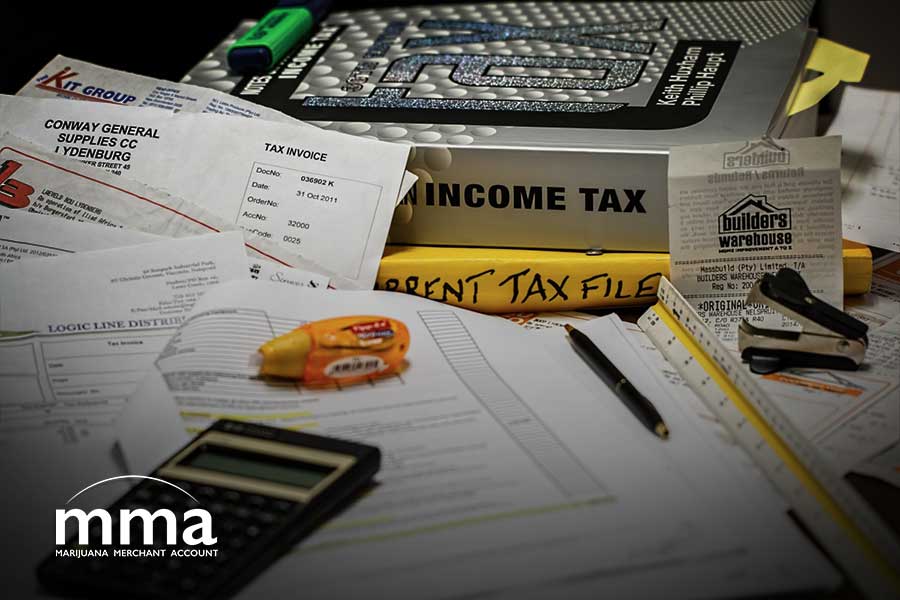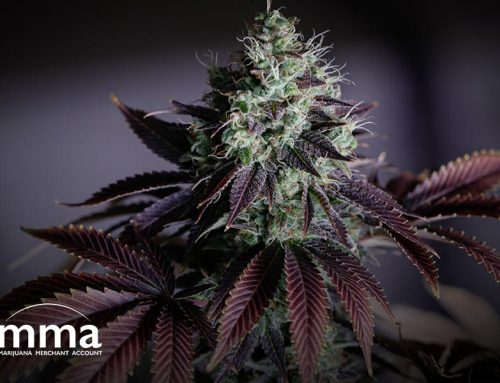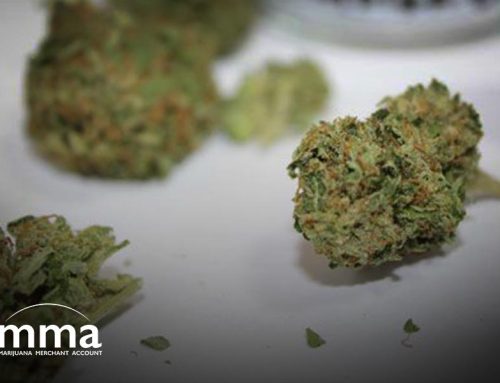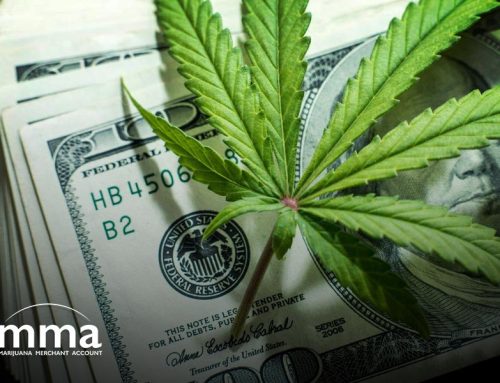Who knew cash could be so expensive? The IRS recently paid a consulting company $1.7 million to help process the billions of dollars in taxes that cannabis businesses were paying … in cash.
Most businesses write a check when they pay taxes, but federal prohibition continues to prevent many cannabis businesses from getting back accounts. No access to checking accounts means that $4.7 billion was collected in 2017, and it was mostly in cash. Consider that for a moment–the physical amount of space that roughly $4 billion dollars in cash must require. Stack after stack after stack. The IRS must have had trouble storing and transporting these tax payments, much less processing them.
While the details of the IRS’s contract with the consulting company are unknown, it’s likely this firm is going to aid in streamlining the IRS’s cash-processing systems. The IRS is not equipped right now to handle this kind of cash flow: Most taxes are paid online or by check, and there was an extra 10% fee for paying in cash until 2015.
Even the process for the IRS to accept a cash payment is laborious. A cannabis company must schedule an appointment to drop off the cash, where two IRS employees watch while the money is counted out in its entirety. That is a lot of staff time, and a lot of time from the taxpayer, just to make a tax payment. And they must do this for the now thousands of licensed cannabis companies who must pay in cash around the nation.
If this consulting company can create a streamlined process for the IRS, it will be a Band-Aid, not a solution. The real problem is that cannabis companies (and sometimes the companies that work with them) cannot maintain bank accounts. Financial institutions consider these accounts too great a risk because of the way federal banking regulations are currently written. While some guidelines exist that outline how banks can possibly work with cannabis businesses, those guidelines are not specific or comforting enough for most financial institutions.
That’s not to say that no financial institutions are working with cannabis. More and more banks are beginning to welcome cannabis companies to their client lists.
Could that $1.7 million be better spent toward giving cannabis companies access to banking? Possibly. But the IRS seems to be hedging its bets that prohibition isn’t going to end before their cash problem does. There continues to be discussion on federal, state, and local levels about these banking issues. Not only is the cash-only necessity inconvenient for the IRS and dangerous from a security and safety standpoint, it also prevents cannabis companies from having that additional oversight of a bank that monitors transactions. Keeping cannabis out of banking makes it less transparent and less accountable.
The cash problem is only going to grow for the IRS unless something is done on the federal level, as more states begin to bring in cannabis taxes. Changes in policy may be coming as a result of the consulting company’s work.












